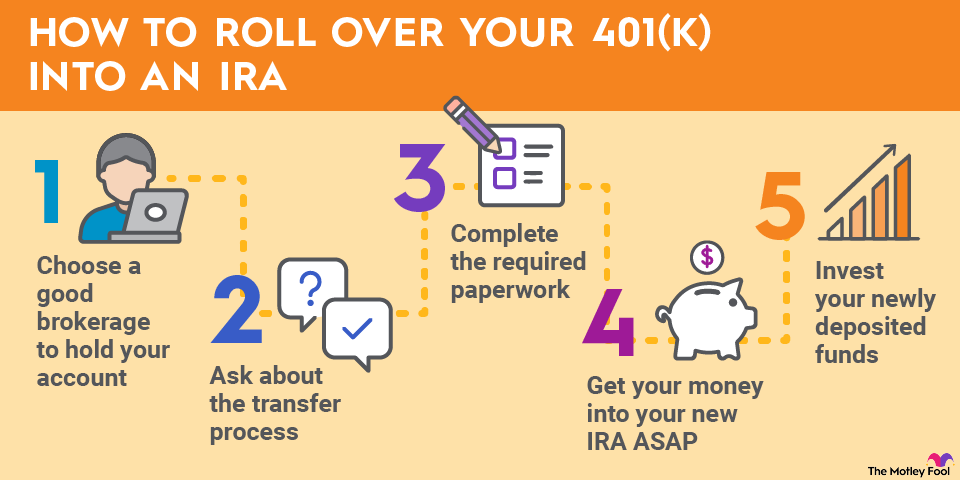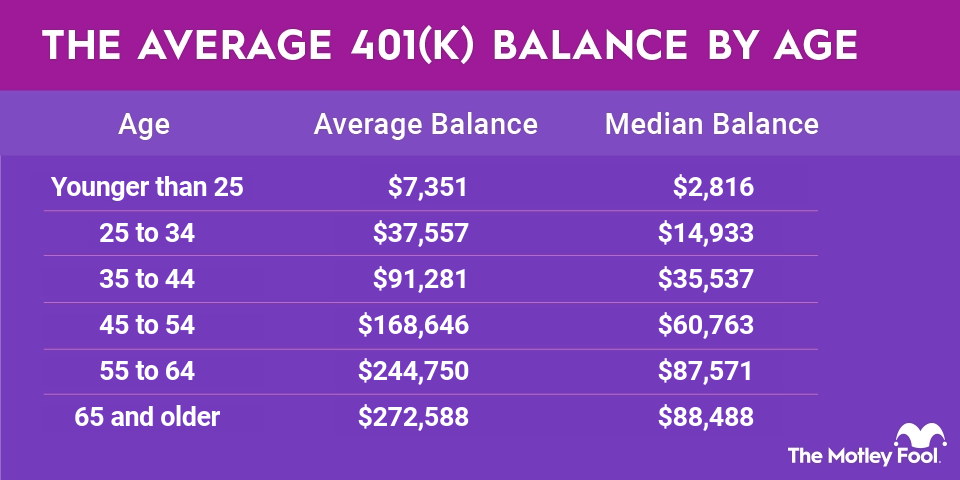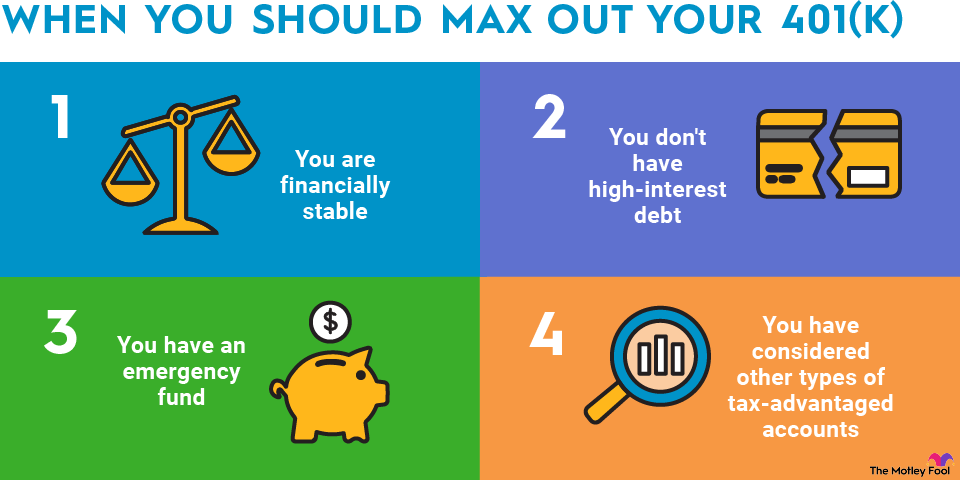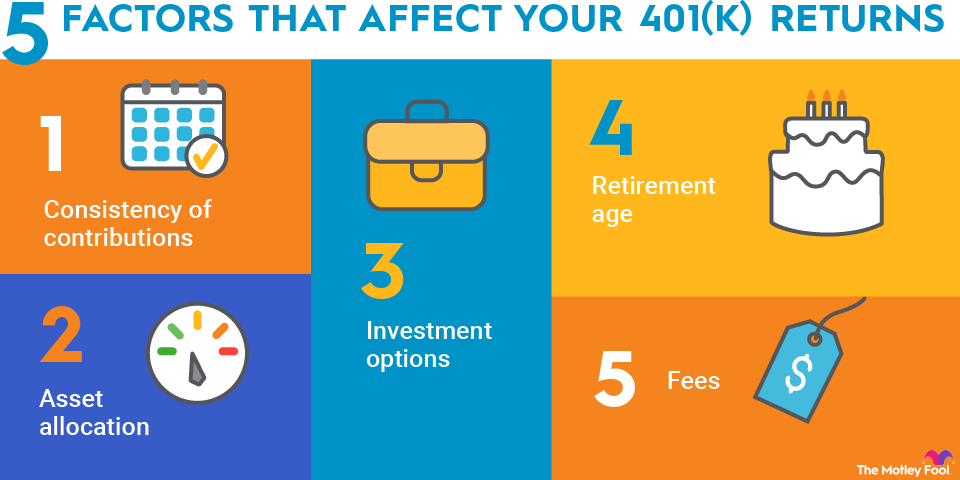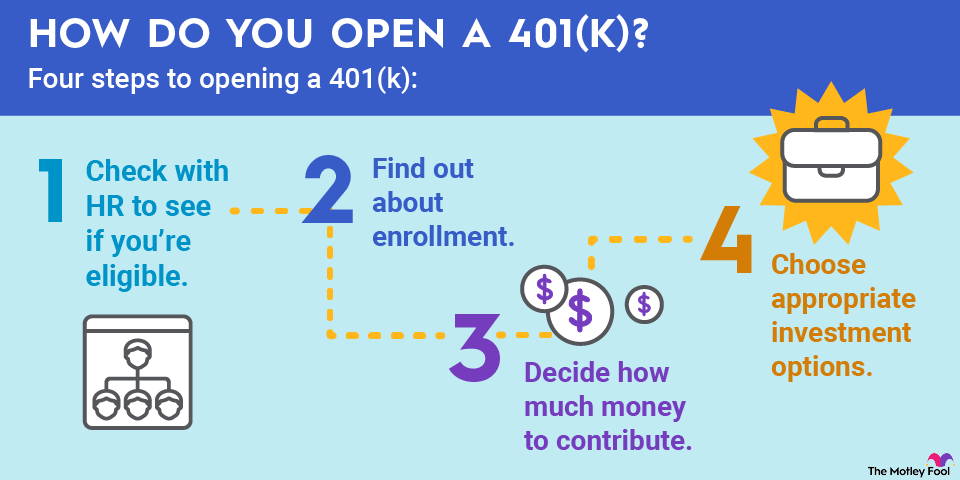How the backdoor Roth IRA strategy works
Savvy savers can still get money into a Roth IRA even if they're not eligible to contribute to one directly. They can utilize the backdoor Roth IRA strategy. This involves making a nondeductible contribution to a traditional IRA and converting those funds into a Roth IRA.
If you have other IRA accounts with pretax contributions in them, you'll have to mind the pro rata (or aggregation) rule. This makes the backdoor Roth strategy ineffective. You can get around the problem if your work 401(k) allows rollovers from an IRA. Roll over your pretax IRA funds into the 401(k) and then use the backdoor Roth conversion.
Benefits of Roth IRAs
If you meet the income requirements for contributions, there are two compelling reasons to use a Roth IRA for retirement savings.
- Tax diversification: Your withdrawals of contributions and earnings after the age of 59 1/2 are tax-free as long as you've had the account open for five years or more. Your 401(k) and traditional IRA withdrawals, on the other hand, are taxable.
- Estate planning: Roth IRAs are not subject to required minimum distributions (RMDs). If you don't need the money for expenses, you can leave it in the account to bequeath to your loved ones.
Withdrawal rules for Roth IRAs
One of the biggest advantages of a Roth IRA over other retirement savings accounts is the ability to access contributions at any time. A Roth IRA can be a good vehicle to save for preretirement goals if you otherwise wouldn't contribute to an IRA.
Assuming you're eligible for Roth IRA contributions, let's say you deposit $9,000 over three years. You invest those contributions in low-cost mutual funds, and your balance eventually grows to about $13,000. At that point, you decide to buy a car. You can withdraw up to $9,000 from the account without explanation or penalty. You can't touch the $4,000 in earnings unless you want to pay income taxes plus a 10% penalty.
There are several exceptions to the Roth IRA early withdrawal penalty. Exceptions include:
- A first-time home purchase, up to a $10,000 lifetime maximum
- Qualified higher education expenses
- Certain emergency expenses
- Unreimbursed medical expenses or health insurance if you're unemployed
If you use the backdoor Roth strategy, you can access conversions after five years. You can use conversions to gain access to your traditional pretax retirement accounts early without paying a penalty if you strategically convert funds five years before you'll need them. You'll still owe taxes on the funds at the time of conversion.
Related retirement topics


